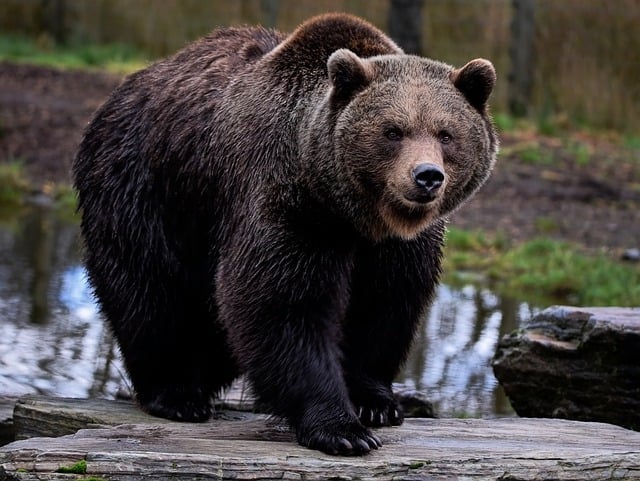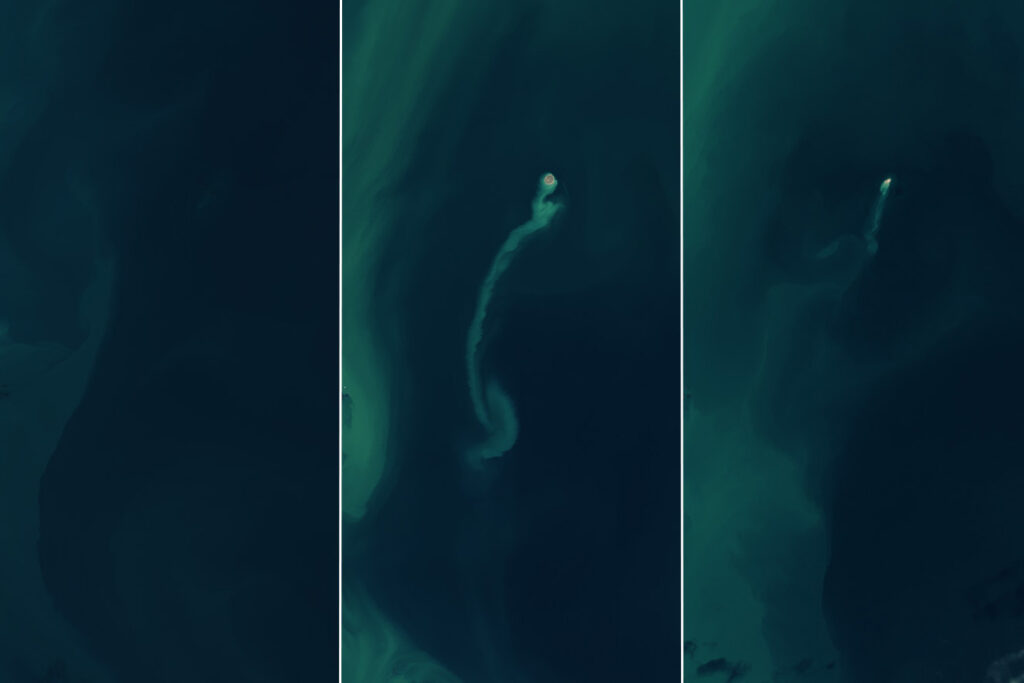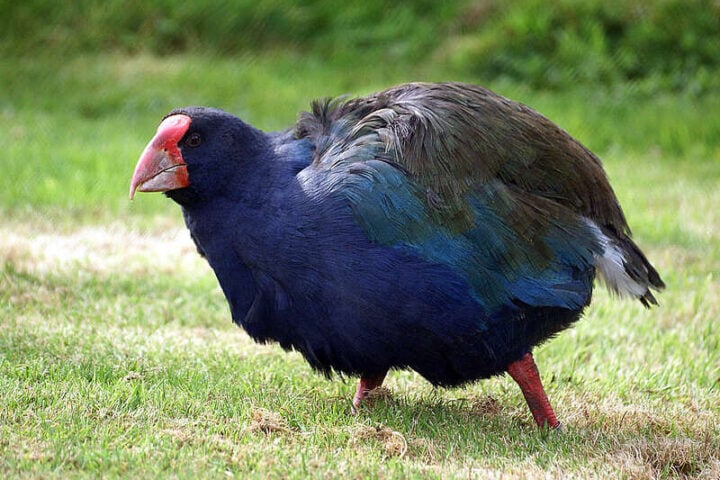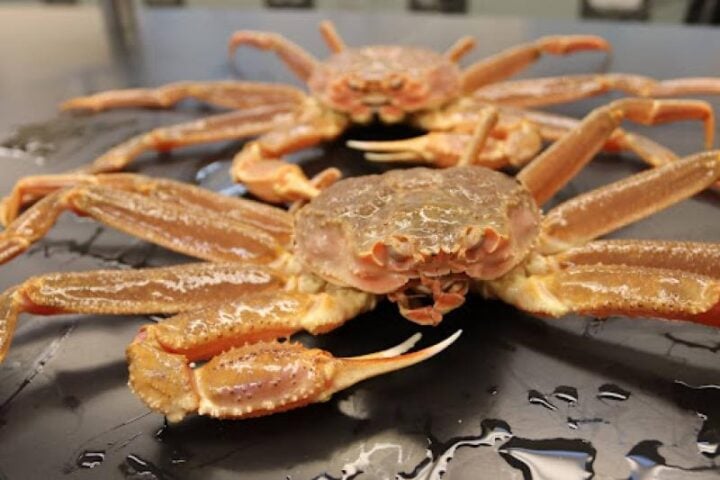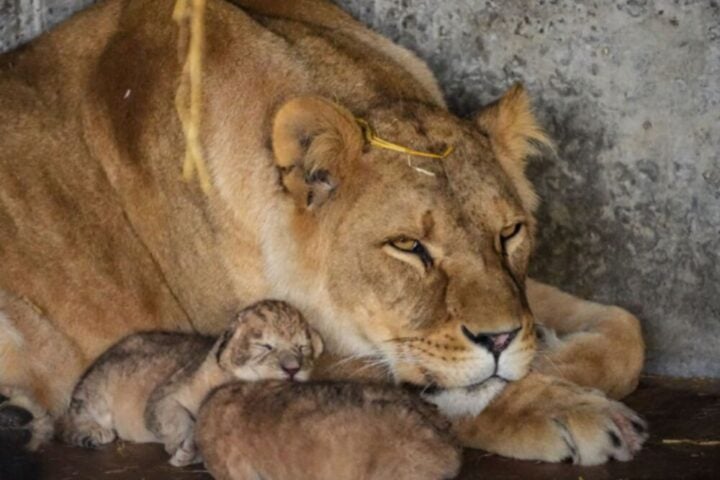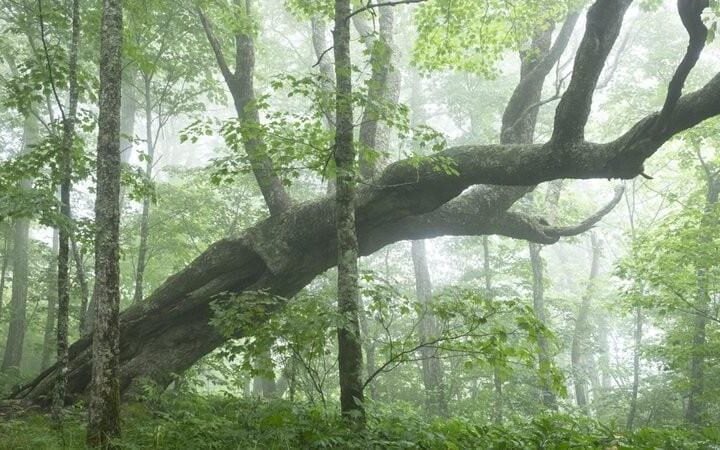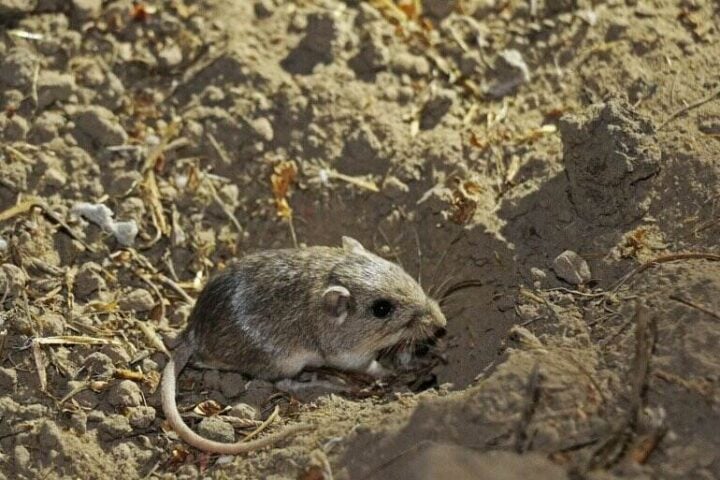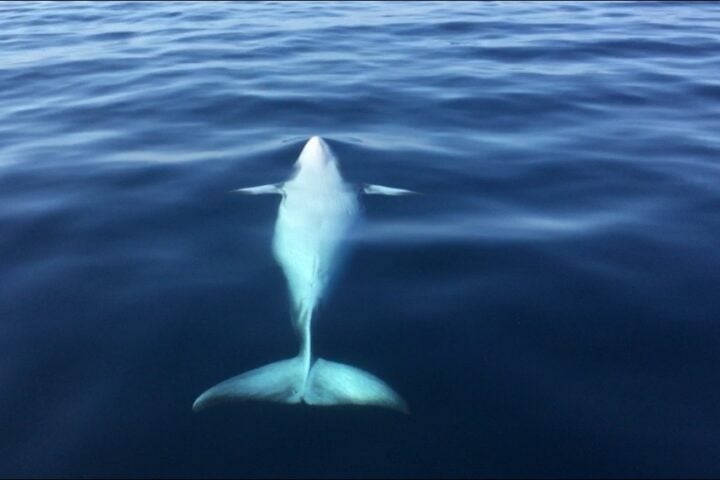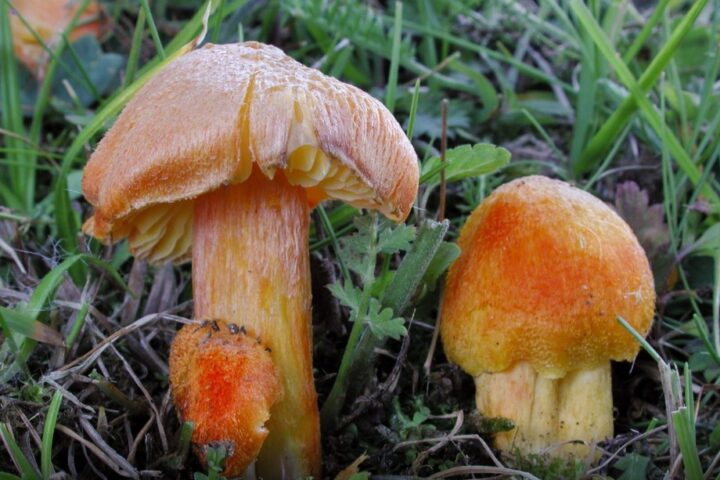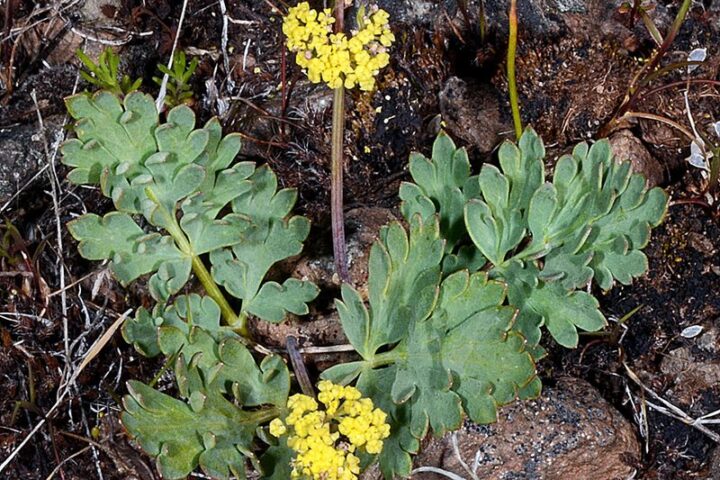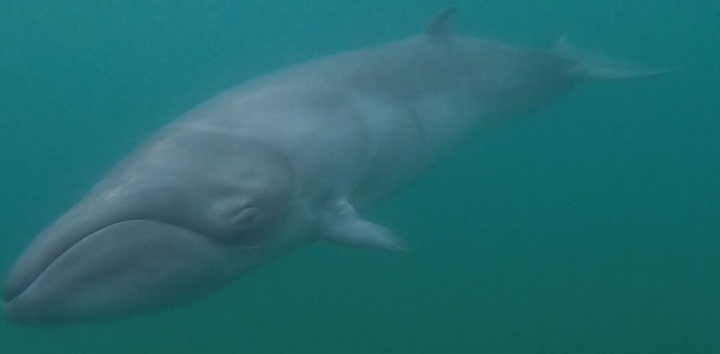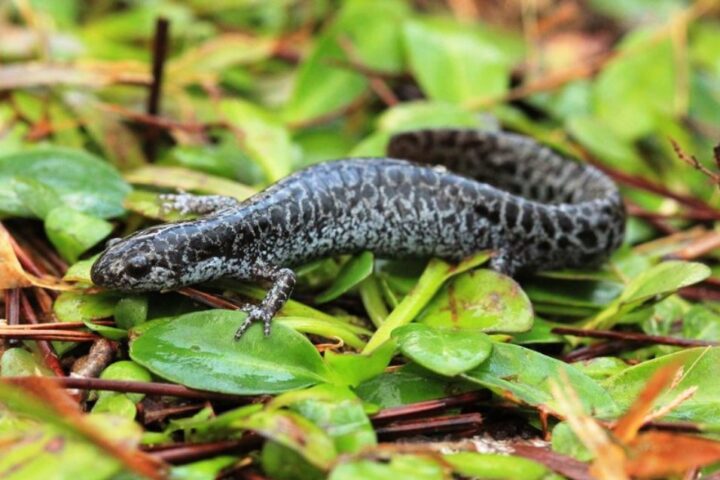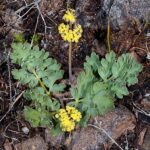A former Christmas tree farm in British Columbia has found a new purpose as a wildlife sanctuary. The Nature Conservancy of Canada (NCC) acquired the 193-hectare (477-acre) Geddes Creek Conservation Area, located north of Radium Hot Springs on the western slopes of the Rocky Mountains.
The land connects Kootenay National Park to the Columbia Wetlands Wildlife Management Area, creating a protected pathway for wildlife moving through the Rocky Mountain Trench. Richard Klafki, who grew up in Golden, B.C., and now serves as the Canadian Rockies Program Director at NCC, explains the area’s importance.
“Conserving areas such as Geddes Creek is essential for us to better coexist with nature. By keeping critical wildlife corridors open and free from increasing development, we can reduce human-wildlife conflicts and ensure animals have safe places to move freely and live out their life cycles,” Klafki said.
The property’s transition from Christmas tree production has left its mark – the forest is denser than what occurs naturally in the region. NCC plans to work with Parks Canada to restore the area’s ecological balance, particularly focusing on the rocky slopes used by bighorn sheep.
Grizzly bears use the land as a travel route while searching for food, mates, and denning sites. During winter, when deep snow blankets the higher elevations, elk, bighorn sheep, mule deer, and white-tailed deer come down to forage in the conservation area’s grasslands. The endangered American badger also finds habitat here, burrowing and hunting for Columbia ground squirrels.
Similar Posts
The conservation area sits within a regional climate change corridor and borders a climate change refugium – an area expected to maintain stable conditions despite shifting climate patterns. The Columbia Valley Wetlands below Geddes Creek form the longest uninterrupted wetland system in western North America, supporting thousands of migratory waterfowl and threatened amphibians.
Melanie Kwong, Executive Director at Parks Canada, Alberta, spoke about the partnership between NCC and Parks Canada: “The Nature Conservancy of Canada and Parks Canada share a common vision of creating resilient landscapes that deliver lasting conservation outcomes to support the conservation of biodiversity and ecological connectivity around existing national parks.”
The purchase involved collaboration between NCC, Parks Canada, the Fish & Wildlife Compensation Program, and the Regional District of East Kootenay’s Columbia Valley Local Conservation Fund. NCC is working with the Akisq’nuk First Nation and Shuswap Band, who have historical connections to the land, including employment at the former Christmas tree farm.
The conservation area will remain accessible to the public through walk-in access on existing trails, with NCC developing a management plan that balances conservation with community use. The project contributes to Canada’s goal of protecting 30% of lands and waters by 2030.
